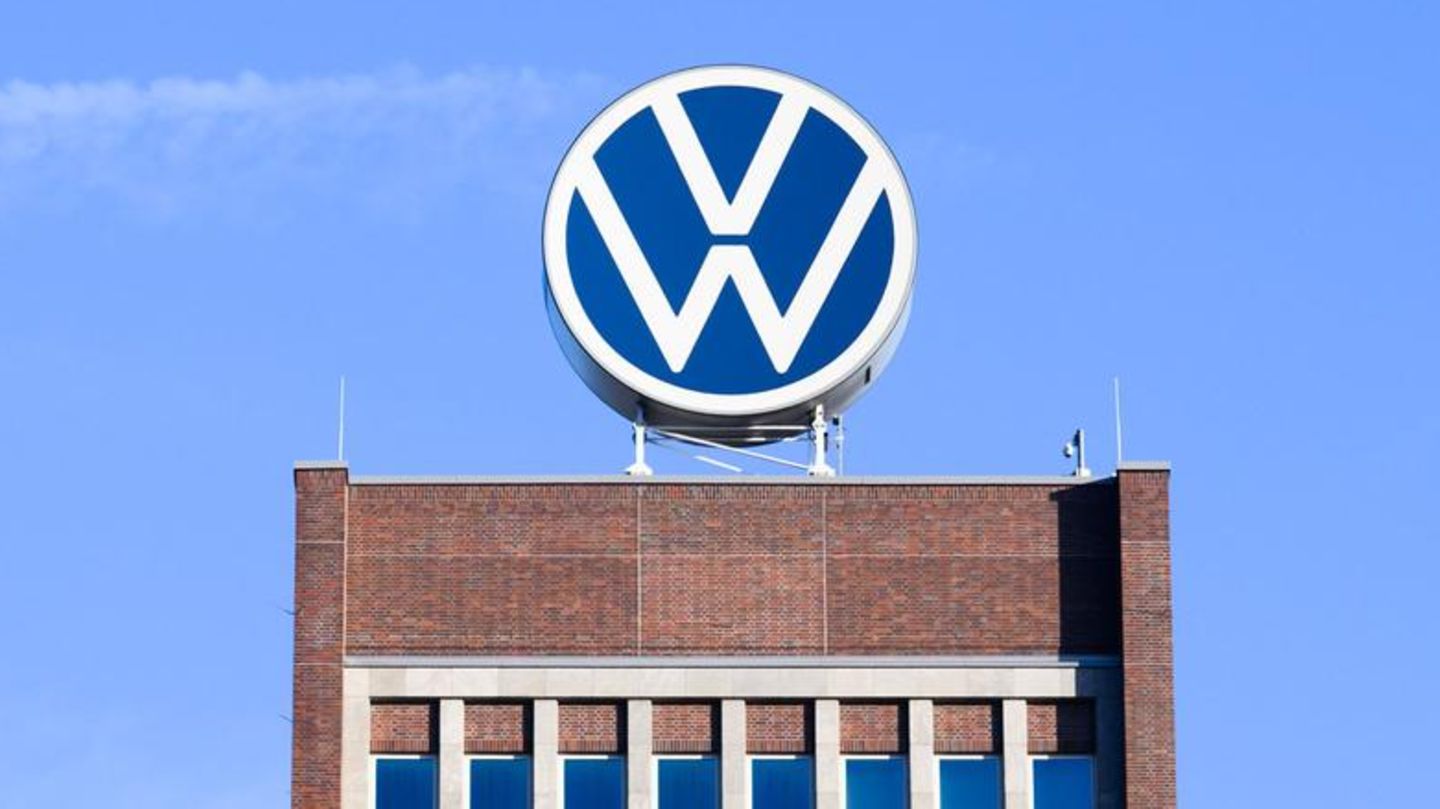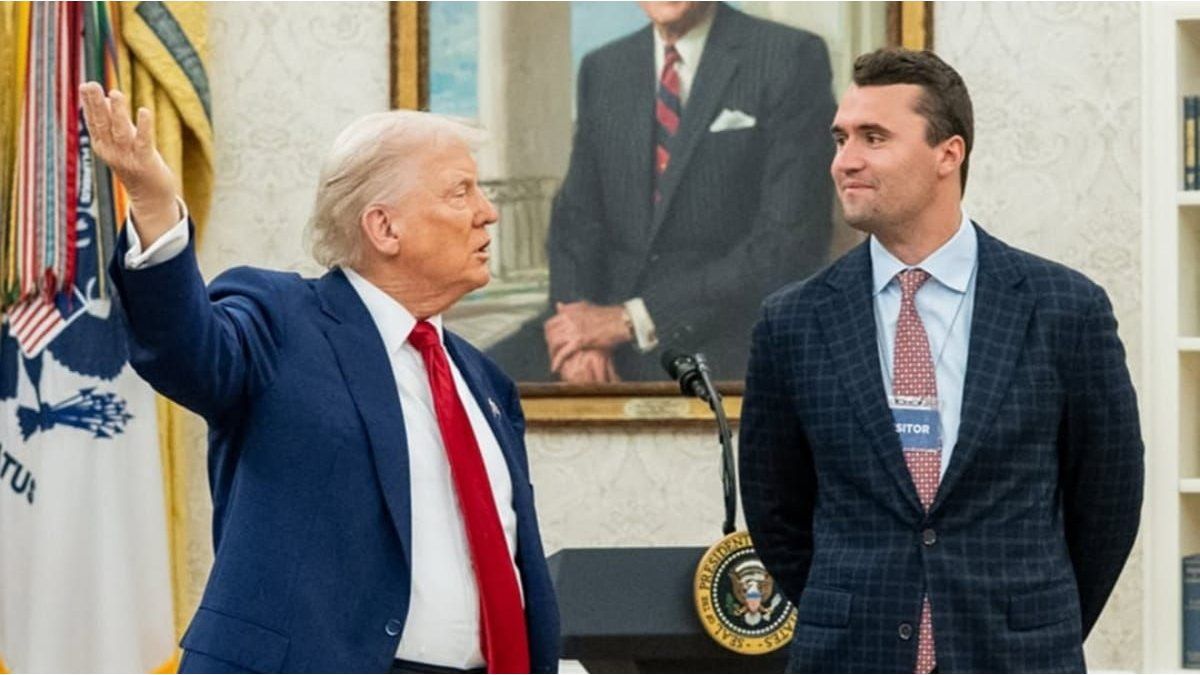Persistent crisis
VW loses 41 percent of its profit in the first quarter
Copy the current link
Add to the memorial list
Europe’s largest car manufacturer is doing badly: the VW group has to take big losses right at the beginning of the year. However, the reason for this is not Trump’s auto tariffs.
After the weak last year, Volkswagen also started in 2025 with a drop in profits. The bottom line was that the profit from Europe’s largest car manufacturer decreased by almost 41 percent to EUR 2.19 billion in the first quarter in the first quarter, as the company in Wolfsburg announced.
In addition to the well -known billions of special loads, it was also negatively important that the group at the important market of China and its joint ventures there again earned less. With its battery transactions, VW had a higher loss. In contrast, group sales rose by almost 3 percent to 77.6 billion euros.
Volkswagen had already submitted preliminary figures on day -to -day business. Special problems such as CO2 provisions in Europe, the renovation of the software subsidiary Cariad and reserves for the diesel scandal caused special costs of around 1.1 billion euros and had the operational result sagged by around 37 percent to EUR 2.9 billion.
The company must ensure a competitive cost structure so that it remains successful in a rapidly changing world, said CFO Arno Antlitz on Wednesday when submitting the figures. The company adheres to its forecast for the year as a whole and continues to expect a return between 5.5 and 6.5 percent. However, the car maker assumes that it moves at the bottom of the bandwidth.
VW CFO: “Our cars are well received by customers”
There are challenges in particular from an environment of political uncertainty, increasing trade restrictions and geopolitical tensions, the increasing intensity of competitive, volatile raw material, energy and currency markets as well as exacerbated emission-related requirements. The youngest car tariffs in the United States are not yet included in the forecast.
“As expected, the Volkswagen Group started into the financial year with mixed results,” said Antlitz. “Our cars are very well received by our customers. The order intake in Western Europe has increased significantly, and our order books quickly fill up.” The sales of e-cars have increased significantly in Western Europe.
“Precisely because the global economic framework is currently so insecure, we have to concentrate on the things that we can influence ourselves,” said Antlitz. “That means: To our strong range of vehicles, we have to ensure a competitive cost structure so that we can remain successful in a rapidly changing world.”
Note: This post has been updated.
Dpa · Reuters
CL
Source: Stern




